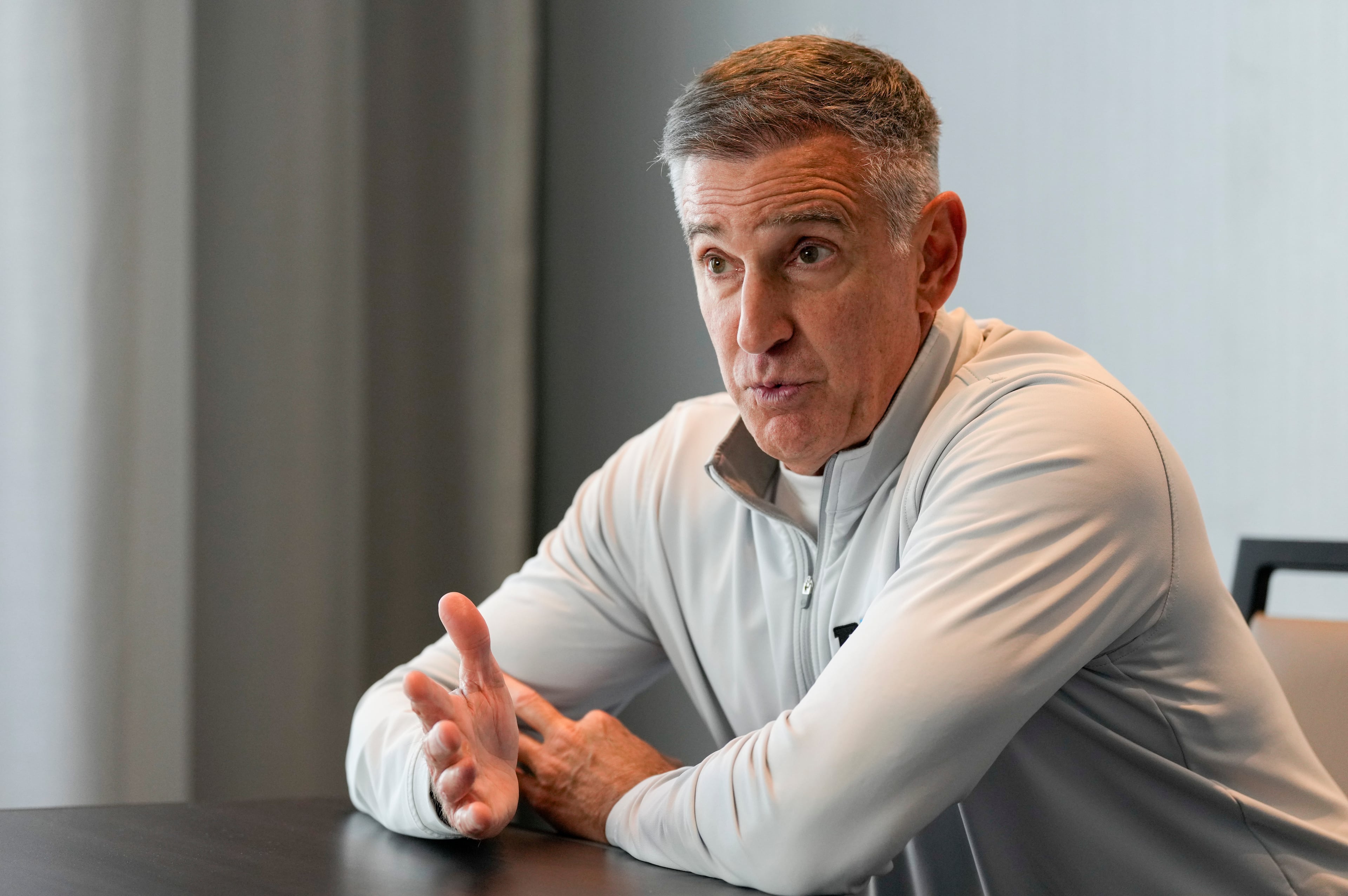College athletes should have employee rights like students selling popcorn

NCAA sports are Big Business, wholly dependent on college athlete performance. In December 2023, the NCAA reported 2022 revenue of almost $17.5 billion in its Division I Athletics Finances research. More than the NBA or MLB. Second only to the NFL.
Still, the NCAA insists — in court and Congress — that college athletes be denied the same employee status as students selling popcorn at games.

In court, the NCAA compares college athletes to prison labor under the 13th Amendment “slavery exception” discussed in Ava DuVernay’s Netflix documentary “13th.”
I’m not kidding.
Read the case cited by the NCAA: Vanskike v. Peters.
The Third Circuit did, and it issued a stunning rebuke in Johnson v NCAA: “We disagree with [the] comparison of college athletes to prisoners and refuse to equate a prisoner’s involuntary servitude, as authorized by the Thirteenth Amendment, to ‘the long-standing tradition’ of amateurism in college athletics.”
It turns out that Comedy Central’s South Park plantation satire “Stu-dent ATH-O-LEETS” accurately depicts the NCAA’s argument. It’s a racist argument, and NCAA President Charlie Baker must be held accountable.
In Congress, the NCAA says college athletes must be denied employee status “to keep them students,” suggesting students are not — and should not be — college employees.
But that is a lie.
For more than 50 years, students have been employed and paid hourly on a minimum wage scale in work study-style programs — including students on academic scholarship. There are student employees in campus offices, libraries and dining halls — and, again, at NCAA games. Benefits to families are significant. Hourly pay is fungible “walking-around” money that can be spent on anything — not just academic expenses, as scholarship funds are delimited. Hourly pay provides money that otherwise must come out of parents’ pockets.
The lawsuit Johnson v. NCAA maintains college athletes meet employee criteria under the Fair Labor Standards Act more than students in work-study-style programs.
The most important student employee criterion is degree of control by college supervisors. The more control, the more likely an employee. This criterion precludes employee status for activities listed in student-run group directories — publications, social clubs, drama, bands and club sports — because, by definition, colleges lack supervisory control of student-run groups. The benchmark is work study-style programs, and, by comparison, college athletes are far more controlled by NCAA bureaucracies.
The kicker: Under NCAA Division I bylaws, college athletes must keep time sheets, just like students in work-study-style programs.
So, what could be the objection to folding college athletes into existing programs on par with existing student employees?
Objection cannot be a compliance “parade of horribles” never noted in decades of work-study-style programs. For example, student employment by colleges is exempt from FICA taxes.
Objection cannot be affordability. There are no complaints that work-study-style pay, on a minimum wage scale, is unaffordable. On the other hand, colleges are overpaying athletic staff — and overspending on athletic facility amenities – because college athlete labor has been free.
In lieu of adding reasonable hourly pay for college athletes to budgets, colleges could maintain budget neutrality, at no extra cost, by reallocating a fraction of the combined, highest salaries of athletic staff. Former Michigan football coach Jim Harbaugh was on board, stating at the 2023 Big Ten Championship media call: “Who could be against the players being compensated for what they do? At least even minimum wage…. I would take less money for the players to have a share.”
And remember, 2022 NCAA Division I revenue was almost $17.5 billion, i.e., pro league levels. Like pro leagues, richer college programs could provide financial assistance to smaller programs akin to “luxury taxes” or NBA subsidies to the WNBA.
Objection cannot be the spurious claim that athlete employees could be “fired” for dropping a pass or missing a shot. The NCAA well knows its employment contract would prohibit such “firing,” just like NCAA Division I bylaws prohibit reduction or cancellation of a scholarship “[o]n the basis of a student-athlete’s athletics ability, performance or contribution to a team’s success.”
Moreover, the Johnson case is fair to all college athletes.
The case values all men’s and women’s sports — not just football and basketball. It recognizes that, by law, degree of profitability is irrelevant to employee status. For example, in-house legal, human resources, purchasing, records, information technology and maintenance departments are “nonrevenue” — as are work-study-style jobs.
“Johnson base pay” for all, based on standardized hours of NCAA Countable Athletically Related Activities (20 hours per week), addresses pay disparities attributable to separate name, image and likeness (NIL) sponsorships and revenue sharing offered to fewer athletes, based on individual and sport popularity.
For Congress, denying college athletes the same student employee status as students selling popcorn at games should be a nonstarter. Not only because such NCAA-lobbied legislation is premised on the NCAA’s racist “slavery exception” argument and the “keep them students” lie contradicted by decades of work-study-style programs, but also because it violates equal protection under the Constitution, which prohibits the government from treating students differently in this manner.
When the NCAA, spurred on by legislatures and courts, finally permitted college athletes to exercise NIL rights, colleges acknowledged that athletes should have the same rights enjoyed by other students.
College athletes should have the same student employee rights, too, and the Constitution requires it of any NCAA legislation.
Paul L. McDonald is co-counsel for the college athlete plaintiffs in Johnson v. NCAA and was named by Sports Illustrated as one of the 20 Most Influential Black Figures in College Football.

